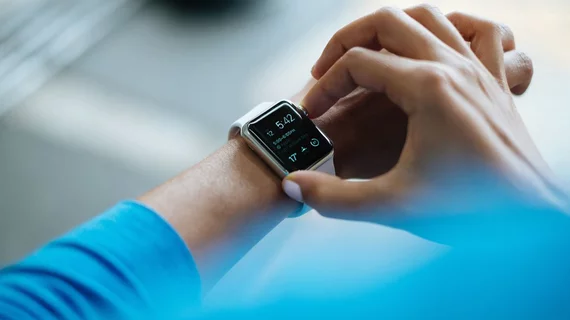3 algorithmic self-care scenarios now unfolding
A recent survey by the IoT research firm Parks Associates showed that almost half of U.S. households with broadband connectivity have a digital health device.
E-Commerce Times has posted an overview connecting the stats with the expanding use of AI to support these devices across three domains beyond wellness use cases:
1. Remote patient management and virtual care. Machine learning algorithms deployed in the home for recuperating patients can keep clinicians apprised, notify them of emergent problems and improve overall outcomes—all while helping cut hospitalization and readmission costs, suggests ECT writer Brad Russell.
2. Independent living. Russell reports that some 58% of older consumers are willing to shell out $30 a month for a digital solution that would extend their independence. He describes technology that can track a senior’s meals, gait, hygiene practices and sleeping patterns so clinicians can remotely monitor problems.
3. Chronic disease management. “Robust solutions are coming to market for supporting patients with diabetes, heart disease, obesity and sleep disorders,” Russell writes. “As with other AI tools, machine learning applications for chronic disease management are first trained on large datasets of specific populations to identify patterns of disease progression and behavioral patterns that drive changes in health status.”
Read the whole thing:

